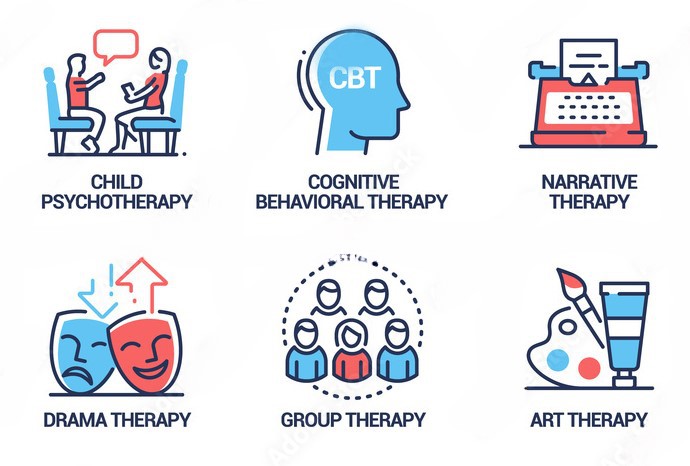Rehabilitation Department
The Department is regarded as one of the most vital divisions within the Center, focusing on delivering comprehensive and diverse treatment to victims of torture and their families. The Center offers a wide range of medical, psychological, clinical, and social counseling services, targeting both victims of torture and organized violence as well as their families. A highly qualified, multidisciplinary team administers these services using state-of-the-art therapeutic techniques and interventions. The Department reaches beneficiaries both within the Center and across various West Bank governorates, and it has also established home-based therapy programs to provide timely care, aimed at prevention, treatment, and accelerating recovery while promoting the reintegration of victims into society.
The Center’s expert teams employ the latest methodologies in psychological treatment and intervention, particularly cognitive-behavioral therapy (CBT), narrative therapy, crisis intervention, and eye movement therapy. These approaches are grounded in specialized expertise and closely aligned with global scientific advancements in the field of trauma care.
Additionally, the Department offers vocational rehabilitation services to help victims acquire practical skills that support their daily lives and generate income. This includes training in professions such as mosaic-making, hairdressing, and carpentry. Every year, the Center also organizes summer camps for children affected by trauma. These camps provide therapeutic activities designed to meet the children’s immediate needs for play and recreation, while also helping them develop coping skills for dealing with stress and trauma, thereby reducing the impact of psychological shock.
The Department’s initiatives extend beyond direct therapy, incorporating educational, preventive, and rehabilitative programs for the mental health of children exposed to repeated traumatic events caused by occupation forces. Moreover, the Department facilitates practical field training for university students and documents human rights violations to be presented as evidence in international forums and committees.

Targets
-
Contribute to poverty reduction in developing countries
-
TREATMENT AND REHABILITATION
-
KNOWLEDGE AND INFORMATION
-
Promote sustainable human development in developing countries
-
Contribute to peace freedom, and human security, promoting respect for human rights and democratic systems development
-
Advocacy AND public Awareness
-
Promote gender equality in developing countries
By Social media